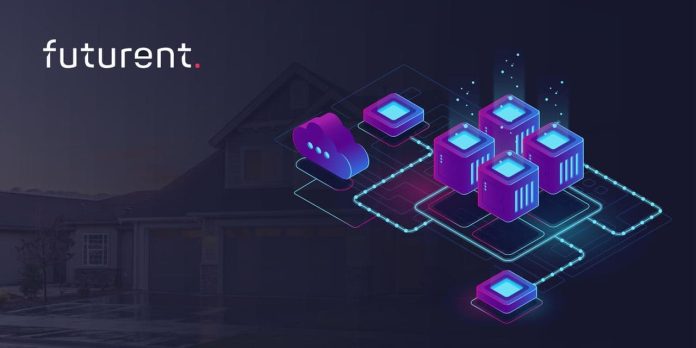
Since its inception with Bitcoin in 2009, cryptocurrency has made waves in the finance space. Blockchain, along with its consensus mechanisms, has given rise to countless technologies. One of these technologies, NFTs, has everybody talking.
NFTs – Leading the Metaverse
NFT stands for “non-fungible token” – “non-fungible” meaning unique, and “token” meaning a portion of data stored on a blockchain. Non-fungible tokens can represent anything because their programming is based on smart contracts, software that runs on decentralized computers and enforces digital agreements.
Many believe that NFTs are just pieces of tradable digital art, but this impression couldn’t be further from the truth. NFTs are digital representations of ownership. So, NFTs can be used to trade anything, including but not limited to, digital art.
Metaverse projects push the envelope of NFT use cases further, with tokens like SAND and MANA – which have seen growth by hundreds of percentage points in recent months – experimenting with digital land sales to great success. Play-to-Earn games like Axie Infinity and Thetan Arena use tradable NFTs to represent playable characters, all with their stats and features.
Today, the crypto community is in a state of rapidly discovering seemingly boundless applications for NFTs. A recent advancement to have come out of the space, tokenization, allows ownership rights to physical assets to be encoded into and managed through blockchain. Tokenization has been used for toys, merch, physical paintings and sculptures, and most surprisingly, real estate.
Physical Real Estate in the Metaverse
Real estate is a peculiarly complicated form of investment. While the ROI and cash flow opportunities are great, real estate is plagued by middlemen, processing times, strict financing rules, and high start-up costs.
These barriers to entry make it difficult for new investors to enter, and even seasoned investors to manage. Thanks to tokenization, NFTs can help here.
Currently, the pioneering project leading the NFT real estate revolution is Futurent, a platform that enables individuals to invest in real estate easily using fractional NFTs, or NFTs whose ownership rights have been split between multiple people.
Split ownership also means split costs – fractionalization makes it easy for investors with lower start-up capital or investors who prefer to scale in overtime, to enter the real estate space. Through their innovative DeFi protocol, Futurent also allows investors to profit share on rental properties, making it possible for investors to make a purchase and start earning passive income instantly.
Futurent prioritizes crypto-friendly locations, such as Dubai, Switzerland, and the Netherlands; and specializes in commercial real estate, which commonly yields a higher return on investment than residential real estate. Commercial real estate is rented to businesses, not individuals, so occupancy rates and cash flow are typically better.
Futurent has many exciting developments in their pipeline, will be announcing IDO launchpads in mid-January, and have 2 incubator announcements coming soon. Additionally, Futurent is in ongoing talks with 2 major networks’ core teams regarding full support and has a plethora of partnerships, including the Matic Network itself.
Conclusion
As the digital and physical worlds converge, it is here: the metaverse is upon us. Through tokenization, NFTs will revolutionize ownership of physical assets, as they are with real estate. Futurent, featuring fractionalized NFTs, is taking the lead, making it easy for anybody to get in on the action. For more information, please visit Website | Twitter | Telegram | Discord | Reddit | Medium.

TheBitcoinNews.com – Bitcoin News source since June 2011 –
Virtual currency is not legal tender, is not backed by the government, and accounts and value balances are not subject to consumer protections. TheBitcoinNews.com holds several Cryptocurrencies, and this information does NOT constitute investment advice or an offer to invest.
Everything on this website can be seen as Advertisment and most comes from Press Releases, TheBitcoinNews.com is is not responsible for any of the content of or from external sites and feeds. Sponsored posts are always flagged as this, guest posts, guest articles and PRs are most time but NOT always flagged as this. Expert opinions and Price predictions are not supported by us and comes up from 3th part websites.
Advertise with us : Advertise
Our Social Networks: Facebook Instagram Pinterest Reddit Telegram Twitter Youtube










